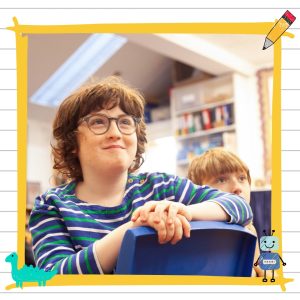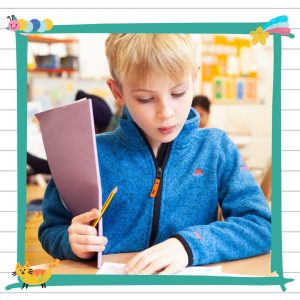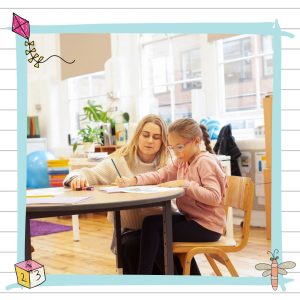
SMSC
Spiritual, Moral, Social and Cultural development (SMSC), including Religious Education (RE)
SMSC Curriculum and Enquiry-Based Learning
SMSC underpins much of what we do. We recognise that the personal development of the children – spiritually, morally, socially and culturally – plays a significant role in their ability to learn, and to grow into well-rounded members of society. We aim to provide an education that provides children with opportunities to explore and develop their own values, beliefs and spiritual awareness as well as develop an understanding and respect for others. We provide opportunities for children to explore social and cultural traditions and develop an appreciation of the diversity and richness of cultures and the world around them. This is achieved through all areas of our topic-based curriculum including our PSHE and RSE programme, Circle times, Assemblies, Student Council, Eco- Warriors, Student leadership roles, Guest Speakers, School trips, Clubs, Behaviour Agreements, Charity Work and celebrating festivals and recognising days of significance.
Core Strands of Religious Education
Our RE curriculum is shaped by three guiding principles: fostering open-mindedness, celebrating throughout the year, and promoting spiritual awareness.
We embrace diverse perspectives, encouraging children to share, question, and celebrate differences in a supportive environment.
In addition, the children’s knowledge and understanding of major world faiths and traditions is developed and nurtured from Nursery to Year 6. As well as recognising various festivals throughout the year, we have a special RE enquiry day twice a term to gain a depth of understanding of faith, beliefs and intercultural connections.

Nurturing Inquisitive and Mindful Individuals
We aim to develop children’s ability to understand the world, ask critical questions, and express their beliefs while respecting others’ viewpoints.

